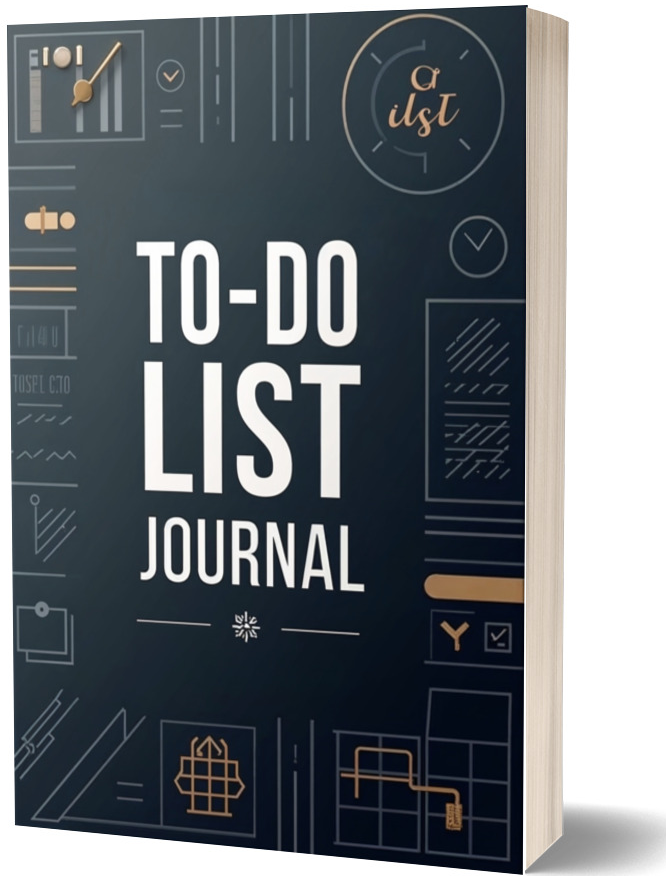The Art of Self Discipline
Self-discipline stands as one of humanity's most powerful tools for personal transformation. It's the invisible force that separates those who merely dream from those who achieve, the quiet strength that turns aspirations into reality. Yet despite its importance, self-discipline remains misunderstood by many who view it as a form of self-punishment rather than self-liberation.
Understanding Self-Discipline
At its core, self-discipline is the ability to control your impulses, emotions, and behaviors in pursuit of long-term goals. It's not about rigid restriction or joyless living, but rather about making conscious choices that align with your deeper values and aspirations. Think of it as the art of delayed gratification—choosing the satisfaction of meaningful progress over the fleeting pleasure of immediate impulses.
Self-discipline manifests in countless ways throughout our daily lives. It's the writer who sits down to work even when inspiration feels distant, the athlete who maintains their training schedule despite fatigue, the student who chooses study time over entertainment, and the individual who speaks kindly even when feeling frustrated. It's the bridge between intention and action, between who we are and who we aspire to become.
The Foundation of Willpower
Willpower operates much like a muscle—it can be strengthened through practice but also becomes fatigued with overuse. Research in psychology has shown that our capacity for self-control fluctuates throughout the day, typically being strongest in the morning and weakening as we make more decisions and resist more temptations.
Understanding this natural rhythm allows us to work with our biology rather than against it. By tackling our most challenging tasks when our willpower reserves are full and creating systems that reduce the need for constant decision-making, we can maximize our self-disciplinary success.
Cultivating Self-Discipline: A Practical Approach
Start Small and Build Momentum
The journey toward greater self-discipline begins with small, manageable commitments. Rather than attempting dramatic lifestyle overhauls, focus on tiny habits that can be easily maintained. Make your bed each morning, drink a glass of water upon waking, or write one sentence in a journal. These micro-commitments create a foundation of success that builds confidence and momentum for larger challenges.
Create Environmental Design
Your environment profoundly influences your behavior, often without conscious awareness. Design your surroundings to support your disciplined choices while minimizing temptations. Keep healthy snacks visible and junk food out of sight, place your workout clothes next to your bed, or use website blockers during focused work periods. When discipline becomes the path of least resistance, maintaining it requires far less effort.
Develop Clear Systems and Routines
Discipline thrives within structure. Establish consistent routines that remove the burden of constant decision-making from your daily life. Create morning rituals that set a positive tone for your day, establish specific times for important activities, and develop checklists for complex tasks. When behaviors become automatic through repetition, they require minimal willpower to maintain.
Practice Mindfulness and Self-Awareness
True self-discipline requires understanding your patterns, triggers, and tendencies. Regular mindfulness practice—whether through meditation, journaling, or simple reflection—helps you recognize the moments when discipline is most challenged. By observing your thoughts and impulses without immediately acting on them, you create space for conscious choice rather than automatic reaction.
Embrace the Power of "No"
Learning to say no to immediate pleasures, distractions, and non-essential commitments is fundamental to self-discipline. This doesn't mean becoming rigid or joyless, but rather being selective about where you invest your time and energy. Every yes to one thing is inherently a no to something else. Disciplined individuals understand this trade-off and make conscious choices aligned with their priorities.
Build Accountability Systems
External accountability can provide crucial support when internal motivation wavers. Share your goals with trusted friends or family members, join groups with similar objectives, or work with a coach or mentor. Public commitment creates additional motivation to follow through, while supportive communities provide encouragement during challenging moments.
Overcoming Common Obstacles
The path to greater self-discipline inevitably includes setbacks and challenges. Perfectionism often sabotages progress by creating an all-or-nothing mentality where minor slip-ups lead to complete abandonment of goals. Instead, view discipline as a practice rather than a destination. Each moment offers a fresh opportunity to make a disciplined choice, regardless of past decisions.
Motivation naturally fluctuates, and disciplined individuals don't rely solely on feeling motivated to take action. They understand that discipline often means doing what needs to be done precisely when you don't feel like doing it. Action can create motivation just as often as motivation creates action.
The Ripple Effects of Discipline
As self-discipline strengthens in one area of life, it naturally extends to others. The person who develops discipline in their exercise routine often finds it easier to maintain discipline in their work habits, relationships, and personal growth. This cross-pollination effect means that every small disciplined action contributes to overall character development.
Self-discipline also enhances decision-making quality by reducing impulsive choices and increasing thoughtful consideration of consequences. It builds resilience by proving to yourself that you can endure discomfort and uncertainty in service of meaningful goals. Perhaps most importantly, it creates authentic self-respect born from the knowledge that you can trust yourself to follow through on commitments.
The Freedom Within Structure
Paradoxically, self-discipline creates freedom rather than restriction. By developing the ability to control impulses and maintain focus, you gain the freedom to pursue meaningful goals without being derailed by momentary distractions. You become free from the regret that comes with undisciplined choices and free to experience the deep satisfaction of progress toward what truly matters to you.
The disciplined life is not about perfection or rigid control, but about conscious choice and intentional living. It's about becoming the author of your own story rather than a passive character swept along by circumstances and impulses.
Conclusion
Self-discipline is indeed an art—requiring patience, practice, and refinement over time. Like any art form, it becomes more natural and beautiful with dedicated practice. The investment in developing self-discipline pays dividends not just in achievement, but in the deep satisfaction of living according to your highest values and aspirations.
Begin where you are, start small, and remember that each disciplined choice is both a destination and a departure point for the next level of growth. In cultivating self-discipline, you're not just building a skill—you're crafting a life of purpose, integrity, and authentic fulfillment.















